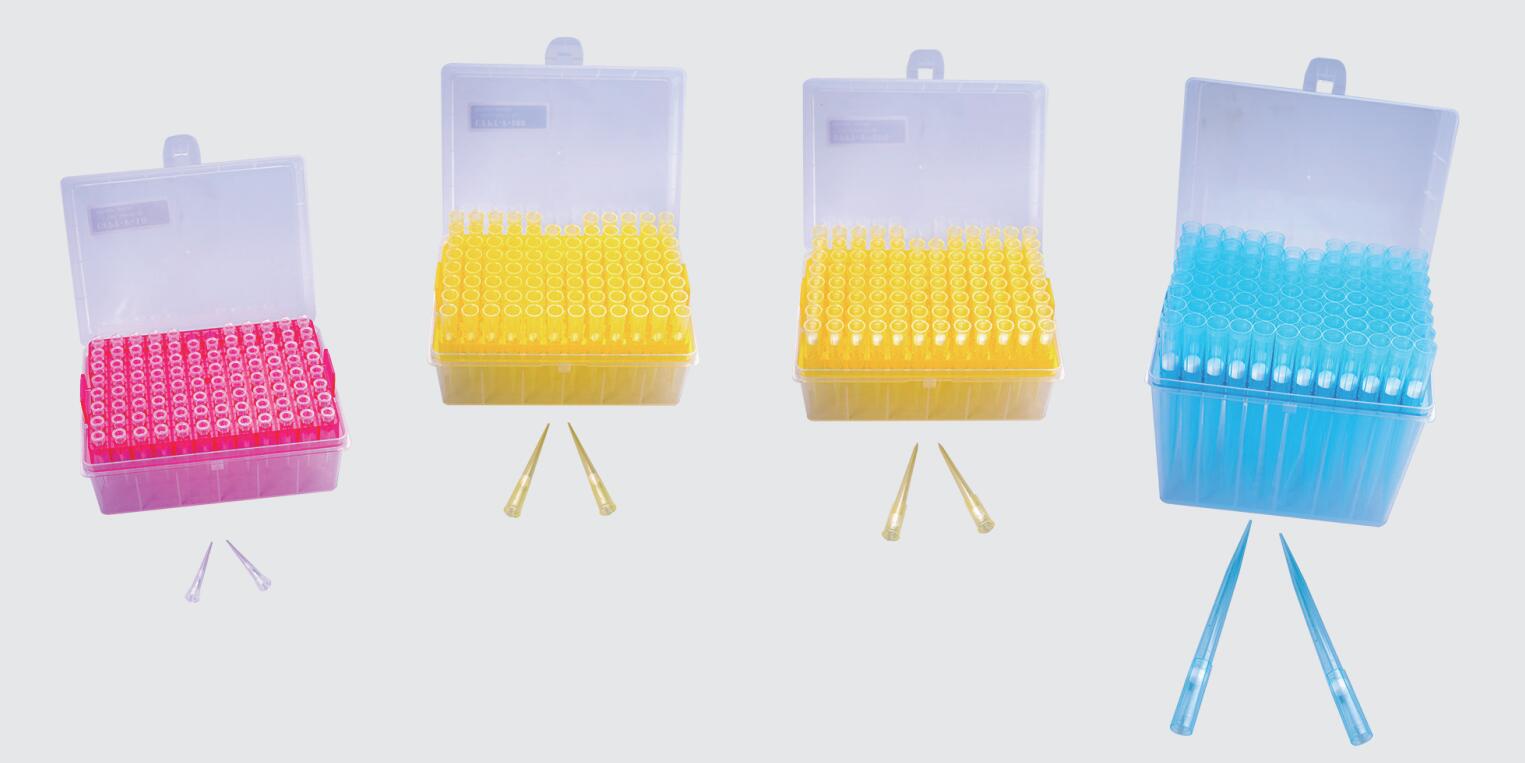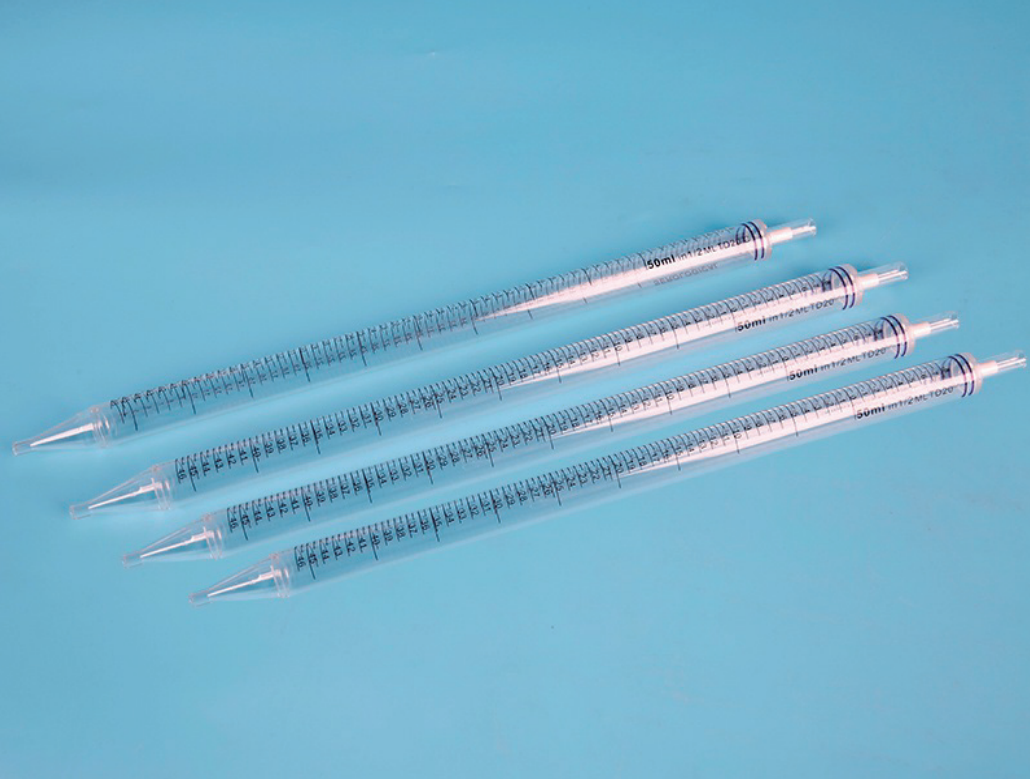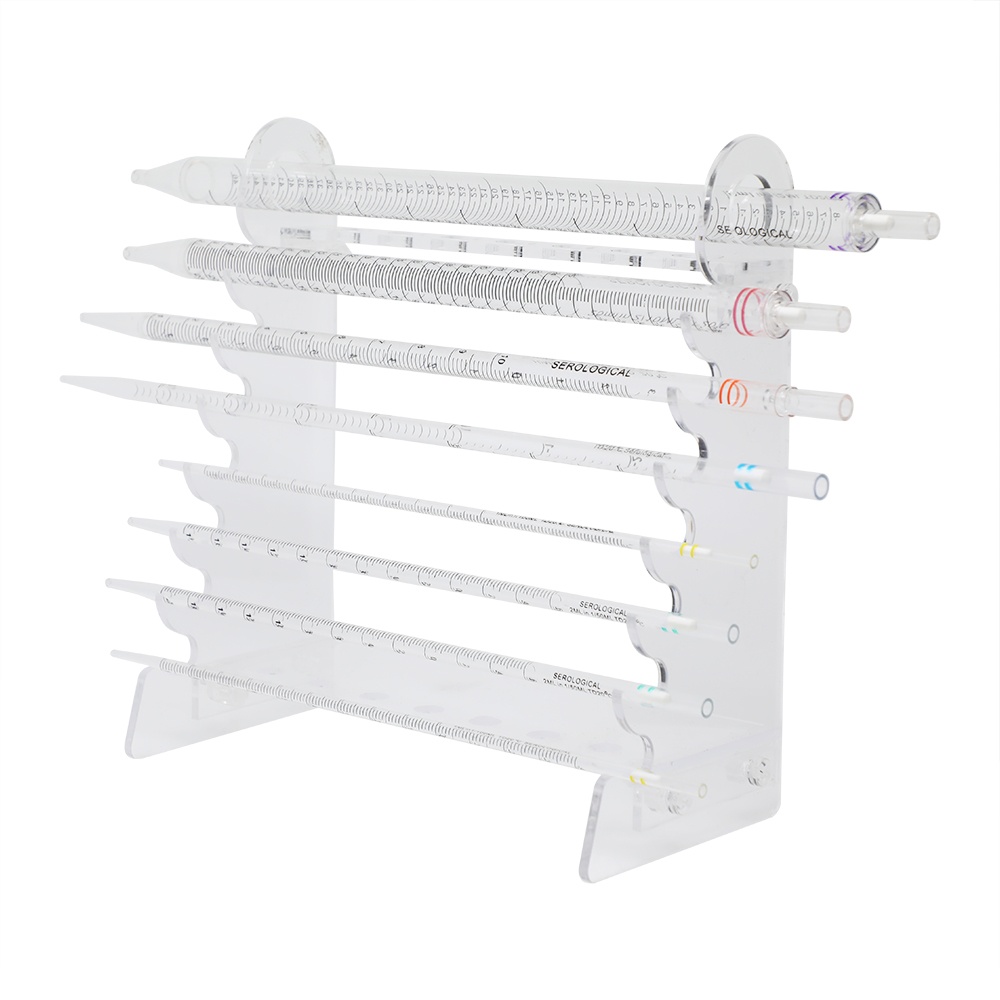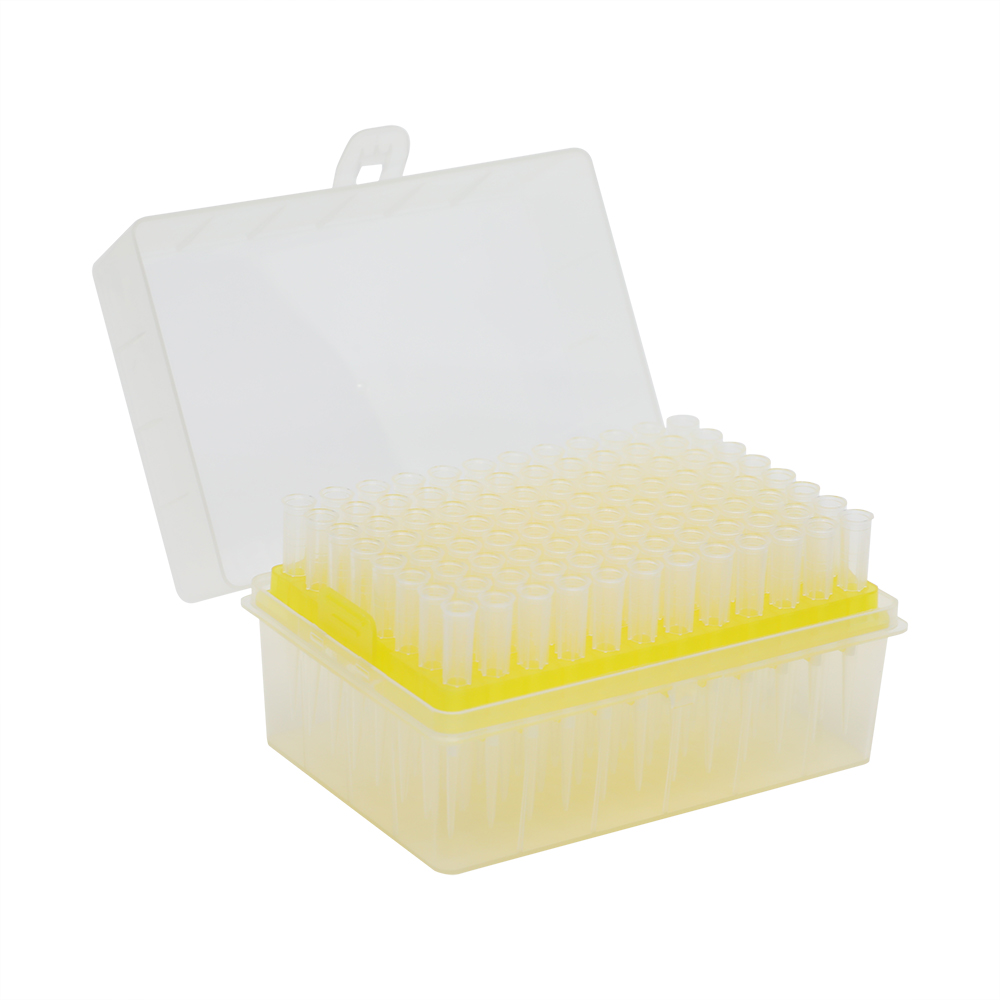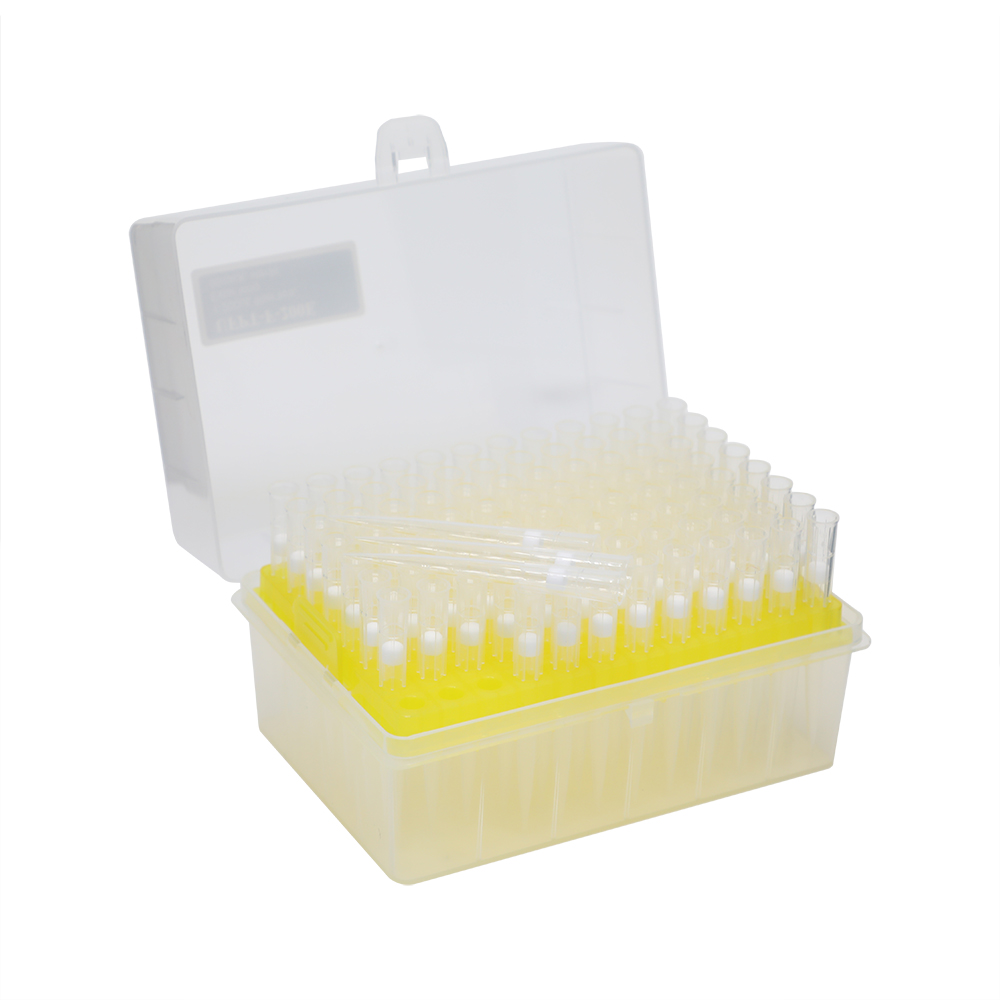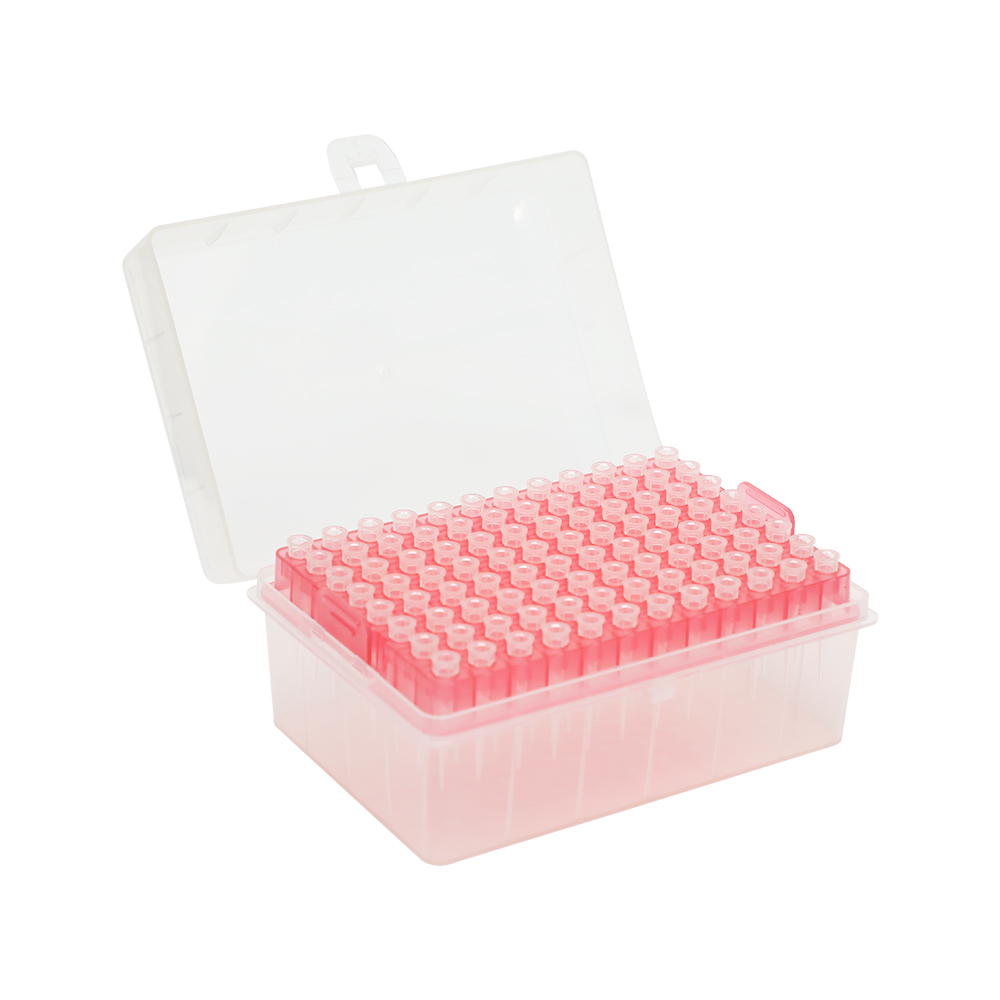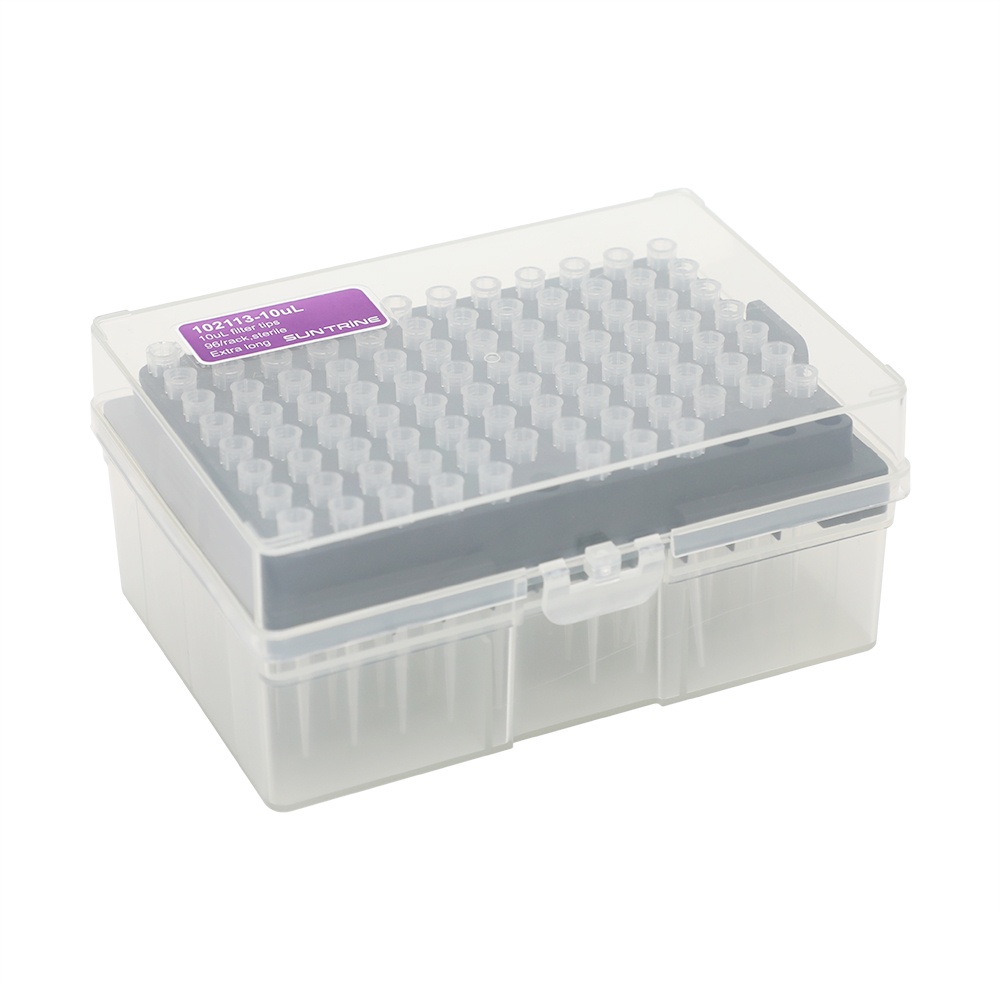Importance of Pipette Tips in Scientific Experiments
Pipette tips are an integral part of laboratory experiments, as they enable researchers to accurately measure and transfer liquids. The precise and controlled dispensing of liquids is crucial in various scientific disciplines, including molecular biology, biochemistry, pharmaceutical research, and clinical diagnostics. Pipette tips ensure that the desired volume of liquid is transferred without any contamination or loss, allowing researchers to obtain reliable and reproducible results.
Types of Pipette Tips
There are several types of pipette tips available in the market, each designed for specific applications. The most common types include:
1. Standard Pipette Tips: These are the most widely used pipette tips and are compatible with most pipettes. They are available in various sizes and can accommodate different volumes of liquids.
2. Filter Pipette Tips: These tips have an integrated filter that prevents the transfer of aerosols and liquids, ensuring contamination-free dispensing. They are commonly used when working with hazardous or sensitive samples.
3. Low Retention Pipette Tips: These tips are designed to minimize liquid retention, ensuring maximum sample recovery. They are particularly useful when working with expensive or limited-volume samples.
4. Extended Length Pipette Tips: These tips have an extended length, allowing researchers to reach the bottom of deep containers or tubes. They are commonly used in molecular biology applications, such as DNA extraction and purification.
5. Specialty Pipette Tips: These tips are designed for specific applications, such as gel loading, PCR, or pipetting into microplates. They are tailored to meet the unique requirements of these techniques, ensuring optimal performance.
Factors to Consider When Choosing Pipette Tips
When selecting pipette tips for your experiments, several factors should be taken into consideration:
1. Compatibility: Ensure that the pipette tips are compatible with your pipette model to guarantee a proper fit and secure attachment.
2. Volume Range: Choose pipette tips that can accommodate the desired volume range for your experiments. It is essential to select tips that can handle both small and large volumes accurately.
3. Material: Pipette tips are commonly made of either polypropylene or polyethylene. Polypropylene tips are more rigid and suitable for applications requiring precise dispensing, while polyethylene tips are more flexible and ideal for general-purpose use.
4. Sterility: Depending on the nature of your experiments, you may require sterile pipette tips to prevent contamination. Sterile tips are typically treated with gamma irradiation or ethylene oxide gas to ensure a sterile environment.
5. Quality and Certification: Choose pipette tips from reputable manufacturers that adhere to strict quality control standards. Look for certifications such as ISO 9001 and ISO 13485, which ensure the reliability and consistency of the tips.
Proper Handling and Maintenance of Pipette Tips
To ensure accurate and reliable results, proper handling and maintenance of pipette tips are crucial. Here are some essential tips:
1. Avoid Contamination: Always use a new, sterile pipette tip for each sample or reagent to prevent cross-contamination. Discard used tips immediately after use.
2. Proper Insertion: Ensure that the pipette tip is securely attached to the pipette. Improper insertion can lead to inaccurate volume measurements and sample loss.
3. Avoid Over-pipetting: Do not exceed the maximum volume capacity of the pipette tip to prevent liquid from entering the pipette shaft, which can cause damage and affect accuracy.
4. Regular Calibration: Periodically calibrate your pipette to ensure accurate volume dispensing. Follow the manufacturer's guidelines for calibration frequency and procedures.
5. Storage: Store pipette tips in a clean and dry environment, away from direct sunlight and chemicals that may cause degradation. Use tip racks or boxes to keep them organized and easily accessible.
Conclusion
Pipette tips are indispensable tools in laboratory research, enabling precise and controlled liquid handling. By choosing the right pipette tip for your specific application and following proper handling and maintenance practices, you can ensure accurate and reproducible results in your experiments. Whether you are working in molecular biology, biochemistry, or any other scientific discipline, understanding the importance of pipette tips and their proper usage is essential for successful research and analysis. So, make sure to give due attention to this small but significant component of your laboratory workflow.
Related Products

